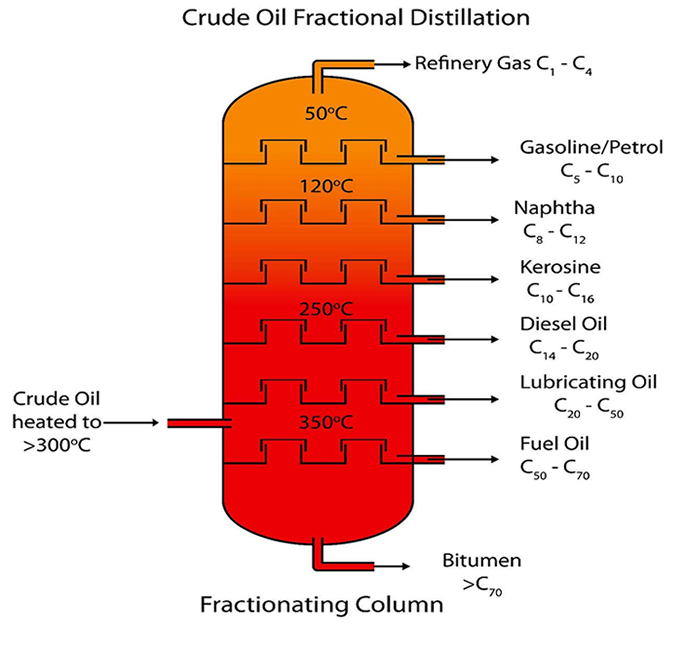
Generators of used oil are required to make sure that licensed used oil collectors remove this hazardous waste and take it to a licensed processor for responsible recycling.
However, after collection, the used oil is often sold by the collector to the highest bidder, who may be an unlicensed processor, or end user.
Legally, the responsibility lies with the generator to ensure that the person who collects used oil is licensed, audited and can provide the legally required Safe Disposal Certificate and Hazardous Waste Manifest, and failure to do so can result in fines and prosecution of the generators and collectors.
Used oil still being used illegally
Bubele Nyiba, CEO of the ROSE Foundation (Recycling Oil Saves the Environment) says besides oil ending up in landfills or down drains, an ongoing problem is that some used oil generators sell their oil to “end-users” who use it for harmful practices such as burner fuel for furnaces, painting vineyard poles and fence poles as a wood preservative, or spraying of dirt roads as a dust suppressant.
“Illegal practices such as those highlighted above allow used oil to make its way into the environment. Used lubricant oil contains harmful compounds and carcinogens and one litre of used oil can contaminate one million litres of water – a fact which led it to be classified as a hazardous waste.
“Burning used oil before it has been recycled releases heavy metals and other harmful compounds into the atmosphere.”
Waste products being treated as a commodity
Nyiba said: “In South Africa we have a system in place whereby the used oil collectors purchase the used oil from the generators. This model – which was pro-actively adopted many years before legislation governing the responsible recycling of waste, and the pricing of waste, was introduced – has been successful as it has given value to used oil as a waste, thereby incentivising its responsible collection.
“However, we now see a situation where used oil generators in South Africa are regarding their used oil as an income generating product and this has driven the price of this waste up to unsustainable levels.”
“It is interesting to note is that best practice in other developed countries sees used oil generators paying collectors to take away their waste, as opposed to the current South African model which is the other way around.”
He said: “Used oil generators in South Africa often sell their oil to whoever offers the highest price, regardless of the qualifications of that person.
“All too often we are seeing fly-by-night used oil collectors entering the industry who offer higher prices for the oil but do not take it to a registered processor for recycling – and so also cannot offer the used oil generator a Safe Disposal Certificate or a Hazardous Waste Manifest – both of which are required by law. Failure to be able to produce either of these documents if asked can result in stern penalties and even prosecution.
“A trick that generators should also be aware of is that unscrupulous collectors will offer more per litre but will then under-declare the volumes collected (effectively stealing the oil) – thereby paying the same total that a licensed collector would have.”
Nyiba urges used oil generators to use ROSE licensed used oil collectors and processors who will come and remove the oil and take it to be recycled in an environmentally compliant and safe manner.
Nyiba said:”Registered collectors are compelled to issue you with a safe disposal certificate. The safe disposal certificate issued by ROSE registered collectors also acts as a Hazardous Waste Manifest, thereby fulfilling the requirements of reporting by law.”


